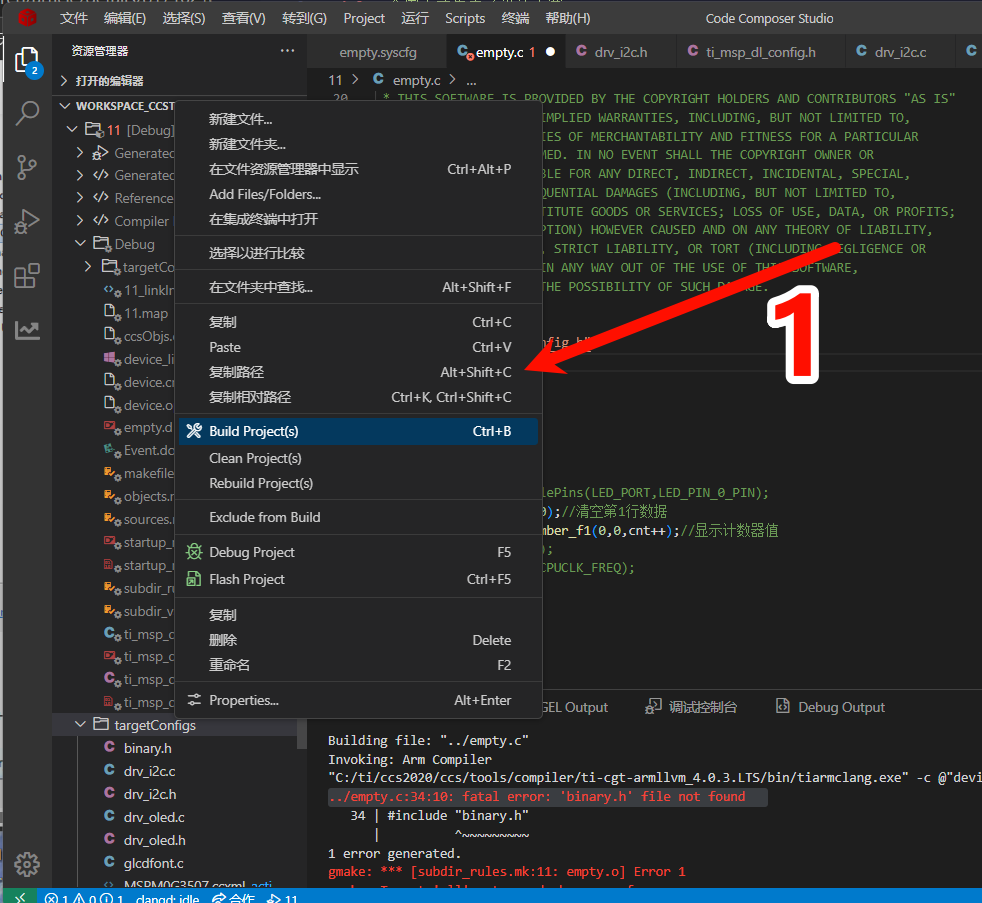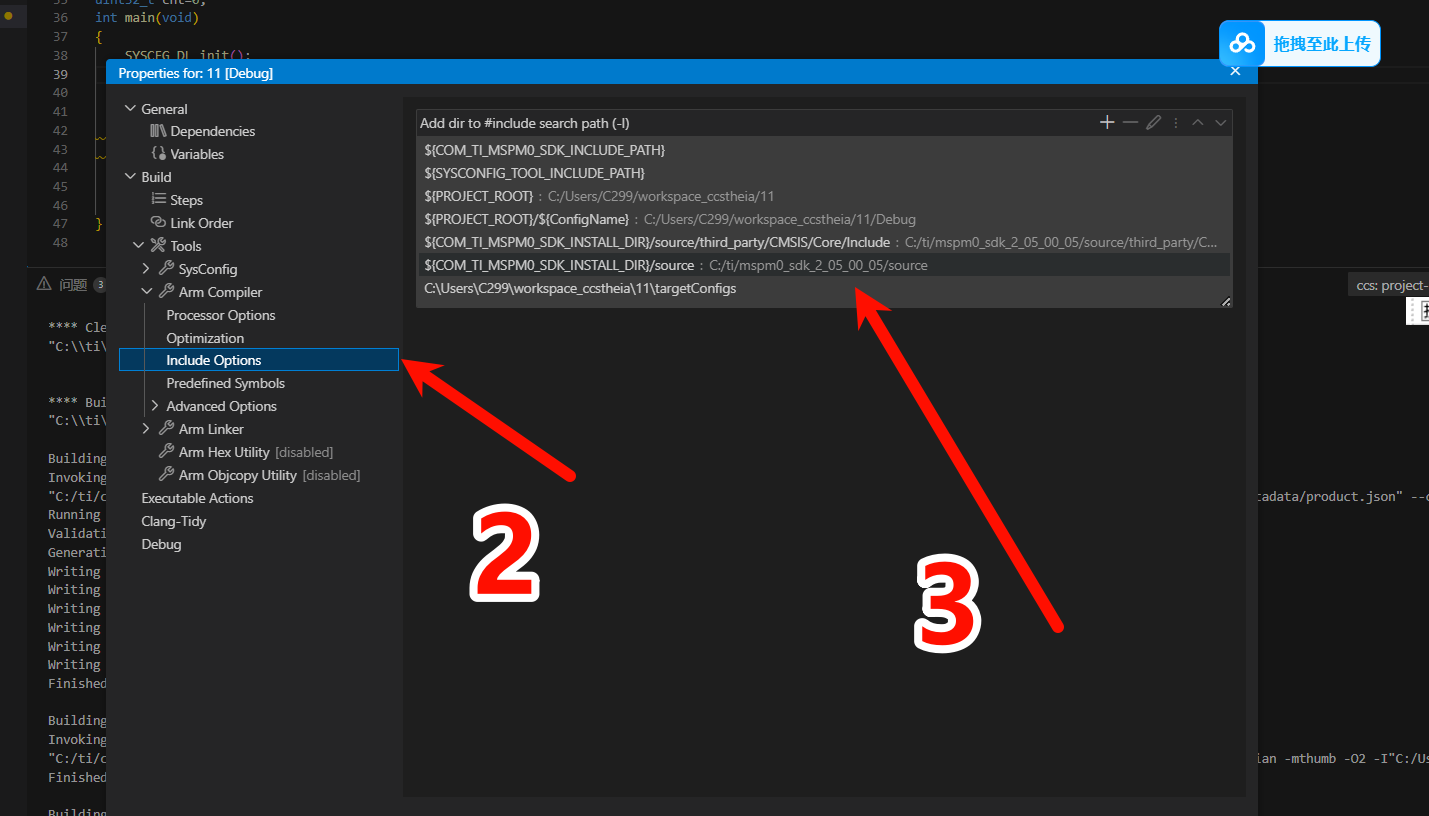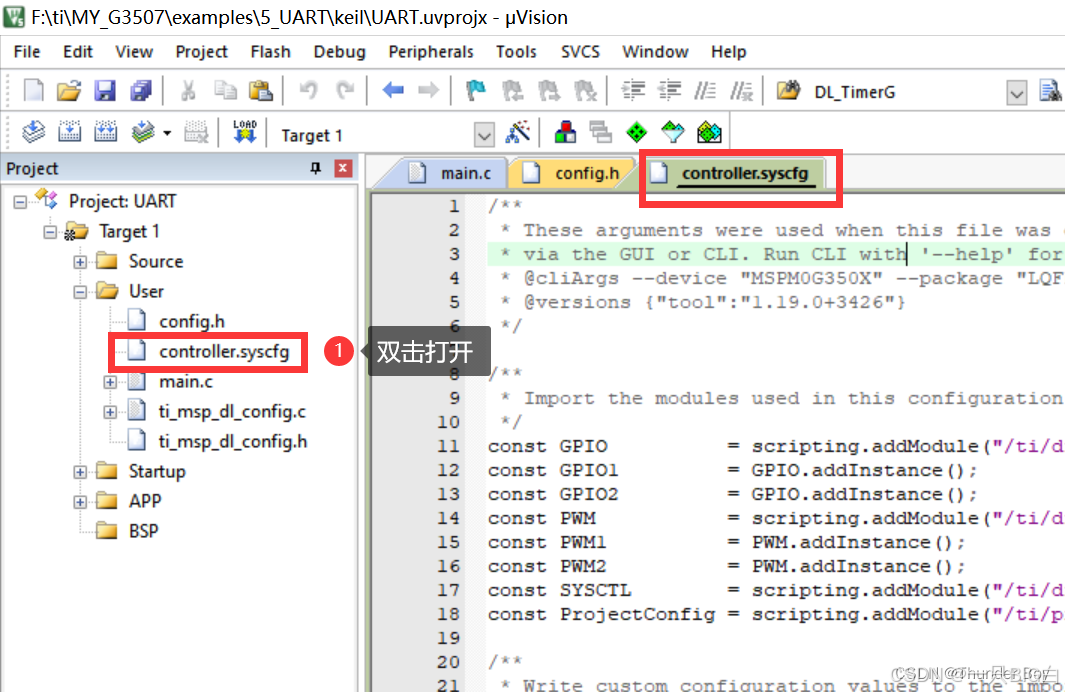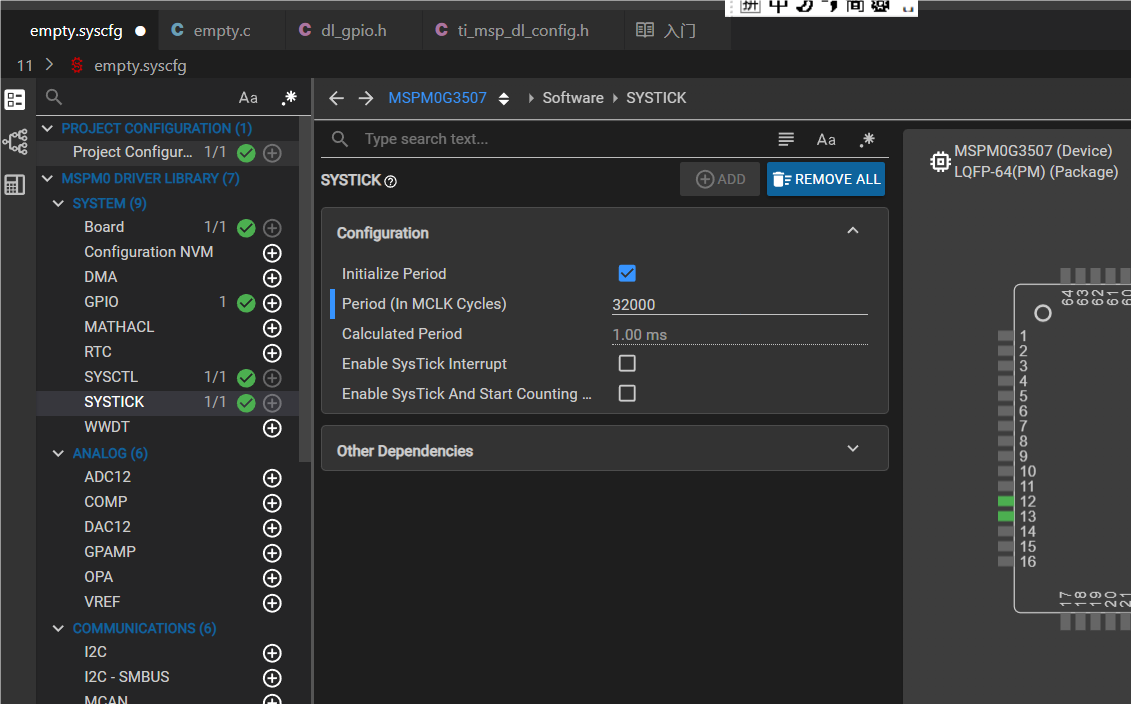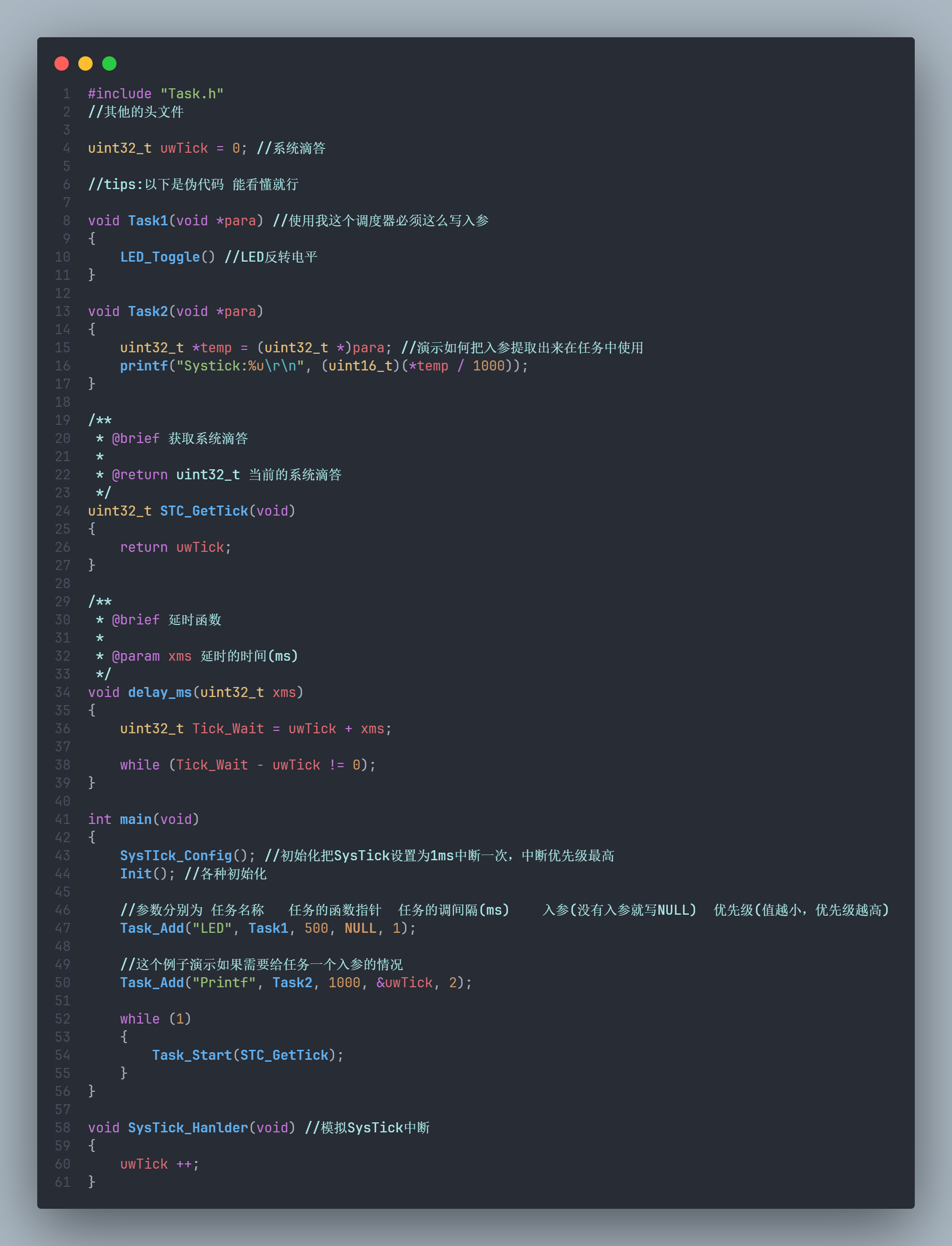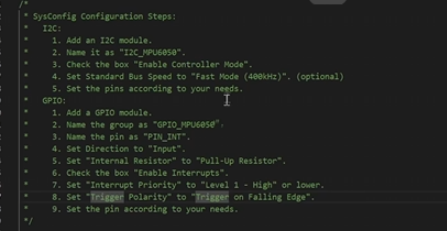1
2
3
4
5
6
7
8
9
10
11
12
13
14
15
16
17
18
19
20
21
22
23
24
25
26
27
28
29
30
31
32
33
34
35
36
37
38
39
40
41
42
43
44
45
46
47
48
49
50
51
52
53
54
55
56
57
58
59
60
61
62
63
64
65
66
67
68
69
70
71
72
73
74
75
76
77
78
79
80
81
82
83
84
85
86
87
88
89
90
91
92
93
94
95
96
97
98
99
100
101
102
103
104
105
106
107
108
109
110
111
112
113
114
115
116
117
118
119
120
121
122
123
124
125
126
127
128
129
130
131
132
133
134
135
136
137
138
139
140
141
142
143
144
145
146
147
148
149
| #include <math.h>
#include <stdint.h>
void step_motor_x(int steps, int dir);
void step_motor_y(int steps, int dir);
int read_encoder_x(void);
int read_encoder_y(void);
void delay_us(uint32_t us);
#define STEPS_PER_MM 100
#define MAX_SPEED 1000
#define ACCELERATION 2000
#define KP 0.5
#define KI 0.01
#define KD 0.1
#define DT 0.001
typedef struct {
float kp, ki, kd;
float integral;
float last_error;
float max_output;
} PIDController;
void pid_init(PIDController *pid) {
pid->kp = KP;
pid->ki = KI;
pid->kd = KD;
pid->integral = 0;
pid->last_error = 0;
pid->max_output = MAX_SPEED;
}
float pid_compute(PIDController *pid, int target_pos, int actual_pos) {
float error = target_pos - actual_pos;
pid->integral += error * DT;
float derivative = (error - pid->last_error) / DT;
float output = pid->kp * error + pid->ki * pid->integral + pid->kd * derivative;
if (output > pid->max_output) output = pid->max_output;
if (output < -pid->max_output) output = -pid->max_output;
pid->last_error = error;
return output;
}
void pid_move(int target_steps, int dir, int axis) {
PIDController pid;
pid_init(&pid);
int current_pos = (axis == 0) ? read_encoder_x() : read_encoder_y();
int step_count = 0;
int total_steps = abs(target_steps);
while (step_count < total_steps) {
current_pos = (axis == 0) ? read_encoder_x() : read_encoder_y();
float speed = pid_compute(&pid, step_count, current_pos);
if (axis == 0) step_motor_x(1, dir);
else step_motor_y(1, dir);
delay_us(1000000 / (int)fabs(speed));
step_count++;
}
}
void draw_line(int x0, int y0, int x1, int y1) {
int dx = abs(x1 - x0), sx = x0 < x1 ? 1 : -1;
int dy = abs(y1 - y0), sy = y0 < y1 ? 1 : -1;
int err = (dx > dy ? dx : -dy) / 2, e2;
while (1) {
pid_move(1, x0 < x1 ? 1 : 0, 0);
pid_move(1, y0 < y1 ? 1 : 0, 1);
if (x0 == x1 && y0 == y1) break;
e2 = err;
if (e2 > -dx) { err -= dy; x0 += sx; }
if (e2 < dy) { err += dx; y0 += sy; }
}
}
void draw_circle(int xc, int yc, int r) {
int x = 0, y = r;
int d = 3 - 2 * r;
while (x <= y) {
pid_move(1, (xc + x) < xc ? 0 : 1, 0);
pid_move(1, (yc + y) < yc ? 0 : 1, 1);
pid_move(1, (xc - x) < xc ? 0 : 1, 0);
pid_move(1, (yc + y) < yc ? 0 : 1, 1);
pid_move(1, (xc + x) < xc ? 0 : 1, 0);
pid_move(1, (yc - y) < yc ? 0 : 1, 1);
pid_move(1, (xc - x) < xc ? 0 : 1, 0);
pid_move(1, (yc - y) < yc ? 0 : 1, 1);
pid_move(1, (xc + y) < xc ? 0 : 1, 0);
pid_move(1, (yc + x) < yc ? 0 : 1, 1);
pid_move(1, (xc - y) < xc ? 0 : 1, 0);
pid_move(1, (yc + x) < yc ? 0 : 1, 1);
pid_move(1, (xc + y) < xc ? 0 : 1, 0);
pid_move(1, (yc - x) < yc ? 0 : 1, 1);
pid_move(1, (xc - y) < xc ? 0 : 1, 0);
pid_move(1, (yc - x) < yc ? 0 : 1, 1);
if (d < 0) {
d += 4 * x + 6;
} else {
d += 4 * (x - y) + 10;
y--;
}
x++;
}
}
void draw_sine_wave(int x_start, int x_end, int amplitude, int period) {
for (int x = x_start; x <= x_end; x++) {
int y = amplitude * sin(2 * M_PI * x / period);
pid_move(1, x < (x + 1) ? 1 : 0, 0);
pid_move(1, y < 0 ? 0 : 1, 1);
}
}
void draw_triangle(int x1, int y1, int x2, int y2, int x3, int y3) {
draw_line(x1, y1, x2, y2);
draw_line(x2, y2, x3, y3);
draw_line(x3, y3, x1, y1);
}
int main() {
draw_triangle(0 * STEPS_PER_MM, 0 * STEPS_PER_MM,
50 * STEPS_PER_MM, 0 * STEPS_PER_MM,
25 * STEPS_PER_MM, 43 * STEPS_PER_MM);
draw_circle(50 * STEPS_PER_MM, 50 * STEPS_PER_MM, 20 * STEPS_PER_MM);
draw_sine_wave(0 * STEPS_PER_MM, 100 * STEPS_PER_MM, 10 * STEPS_PER_MM, 50 * STEPS_PER_MM);
return 0;
}
|
